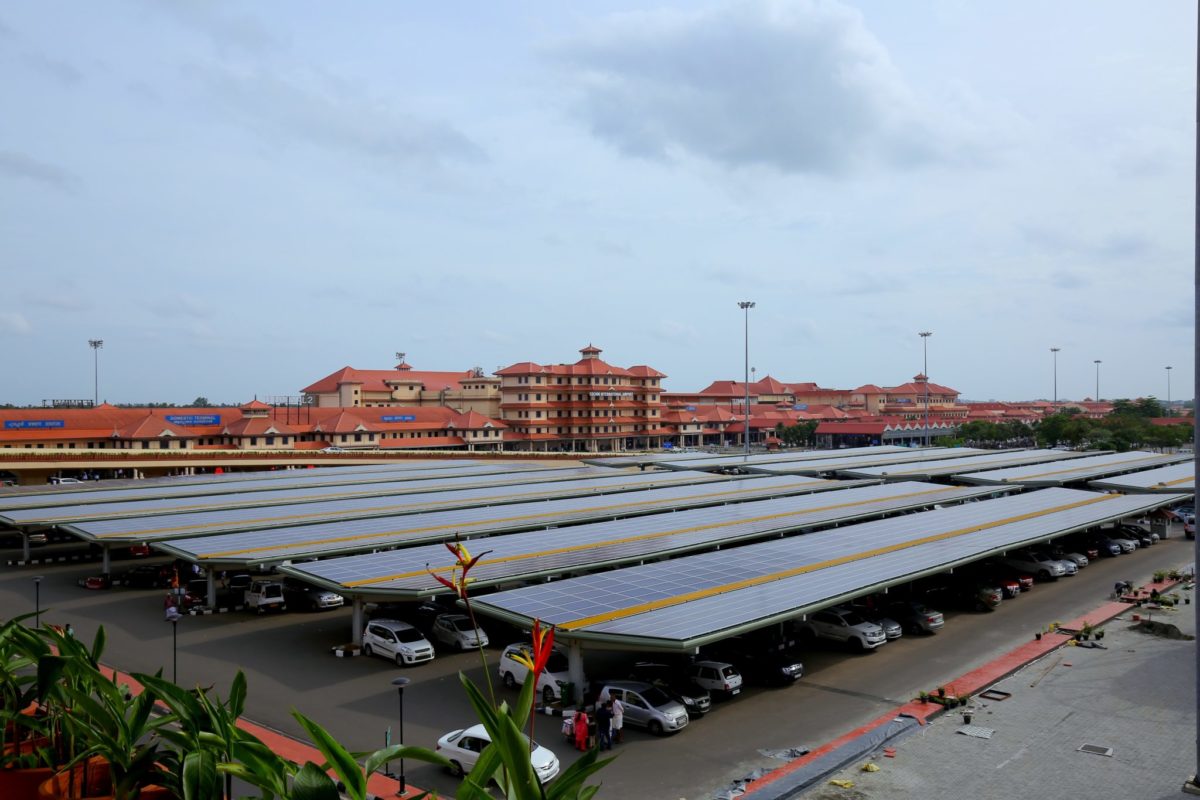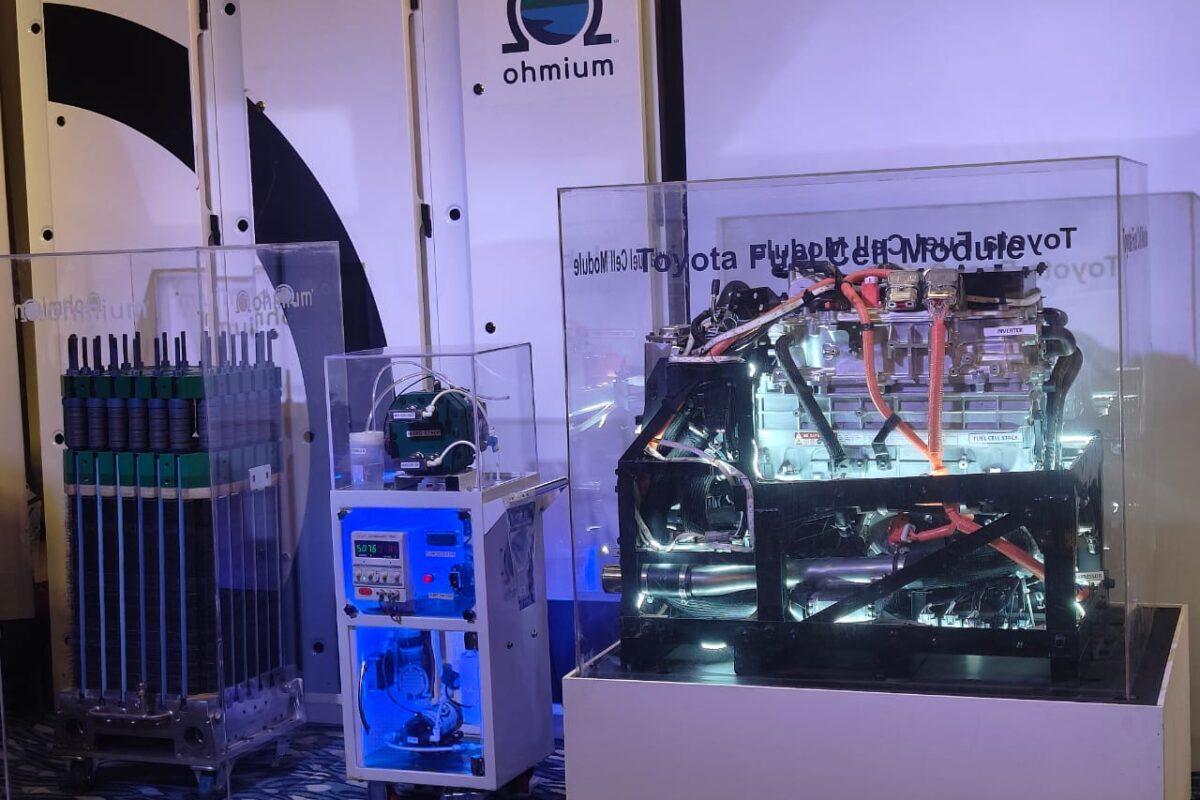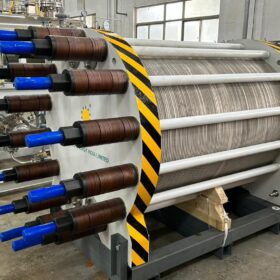Introduced as India’s largest solar carport, a 2.67 MW project at Cochin International Airport in the Indian state of Kerala has been successfully connected to the grid by Tata Power Solar, the solar power arm of the Indian industrial conglomerate Tata.
The new installation, which features 8,472 solar panels spreading over 20289.9 square meters, is expected to offset 1,868 tons of CO2 annually.
“The project is a benchmark in terms of engineering expertise utilized in terms of complexities encountered considering the high water levels in backfilled lands. The modular design has helped us to execute the project in a record time and we are looking forward to more of these initiatives being replicated in other airports and commercial establishments,” said Ashish Khanna, ED & CEO, Tata Power Solar.
Showing the way forward to reducing electricity costs, the Cochin airport has been fully powered by solar energy since August 2015. Moreover, with a capacity of 12 MW it represents the biggest ground-mounted project in the state of Kerala, which is one of the less developed states for PV deployment. According to statistics released earlier this year, it had only around 27 MW of solar projects in operation, but also big plans for adding new capacities in an attempt to meet rising energy demand and its renewable purchase obligations.
Meanwhile, India’s ambitions in terms of airport-located solar installations have remained high, with the targeted capacity of 146 MW nationwide set by the Ministry of Civil Aviation and the Airports Authority of India.
Author: Marija Djordjevic
This content is protected by copyright and may not be reused. If you want to cooperate with us and would like to reuse some of our content, please contact: editors@pv-magazine.com.








Electricity is very need to every citizen, all are adopted themselves to the electricity. What they are using all belongs to electricity to use mobile, tv, fan and household items as well as irrigation pump-sets and industries, so we need to study more in renewable sources of energy like wind, solar etc..
It’s a great article. Thank you for this information.